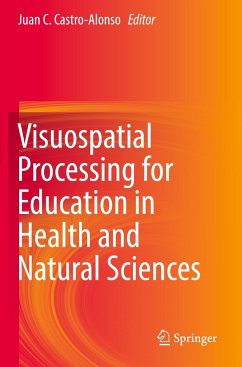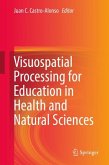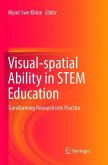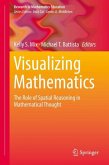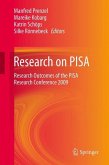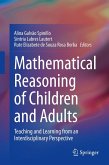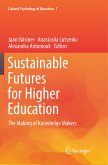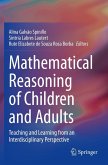Visuospatial processing is key to learn and perform professionally in the domains of health and natural sciences. As such, there is accumulating research showing the importance of visuospatial processing for education in diverse health sciences (e.g., medicine, anatomy, surgery) and in many natural sciences (e.g., biology, chemistry, physics, geology). In general, visuospatial processing is treated separately as (a) spatial ability and (b) working memory with visuospatial stimuli. This book attempts to link these two research perspectives and present visuospatial processing as the cognitive activity of two components of working memory (mostly the visuospatial sketch pad, and also the central executive), which allows to perform in both spatial ability and working memory tasks.
Focusing on university education in the fields of health sciences and natural sciences, the chapters in this book describe the abilities of mental rotation, mental folding, spatial working memory,visual working memory, among others, and how different variables affect them. Some of these variables, thoroughly addressed in the book, are sex (gender), visualizations, interactivity, cognitive load, and embodiment. The book concludes with a chapter presenting VAR, a battery of computer-based tests to measure different tasks entailing visuospatial processing.
With contributions by top educational psychologists from around the globe, this book will be of interest to a broad array of readers across the disciplines.
Focusing on university education in the fields of health sciences and natural sciences, the chapters in this book describe the abilities of mental rotation, mental folding, spatial working memory,visual working memory, among others, and how different variables affect them. Some of these variables, thoroughly addressed in the book, are sex (gender), visualizations, interactivity, cognitive load, and embodiment. The book concludes with a chapter presenting VAR, a battery of computer-based tests to measure different tasks entailing visuospatial processing.
With contributions by top educational psychologists from around the globe, this book will be of interest to a broad array of readers across the disciplines.

